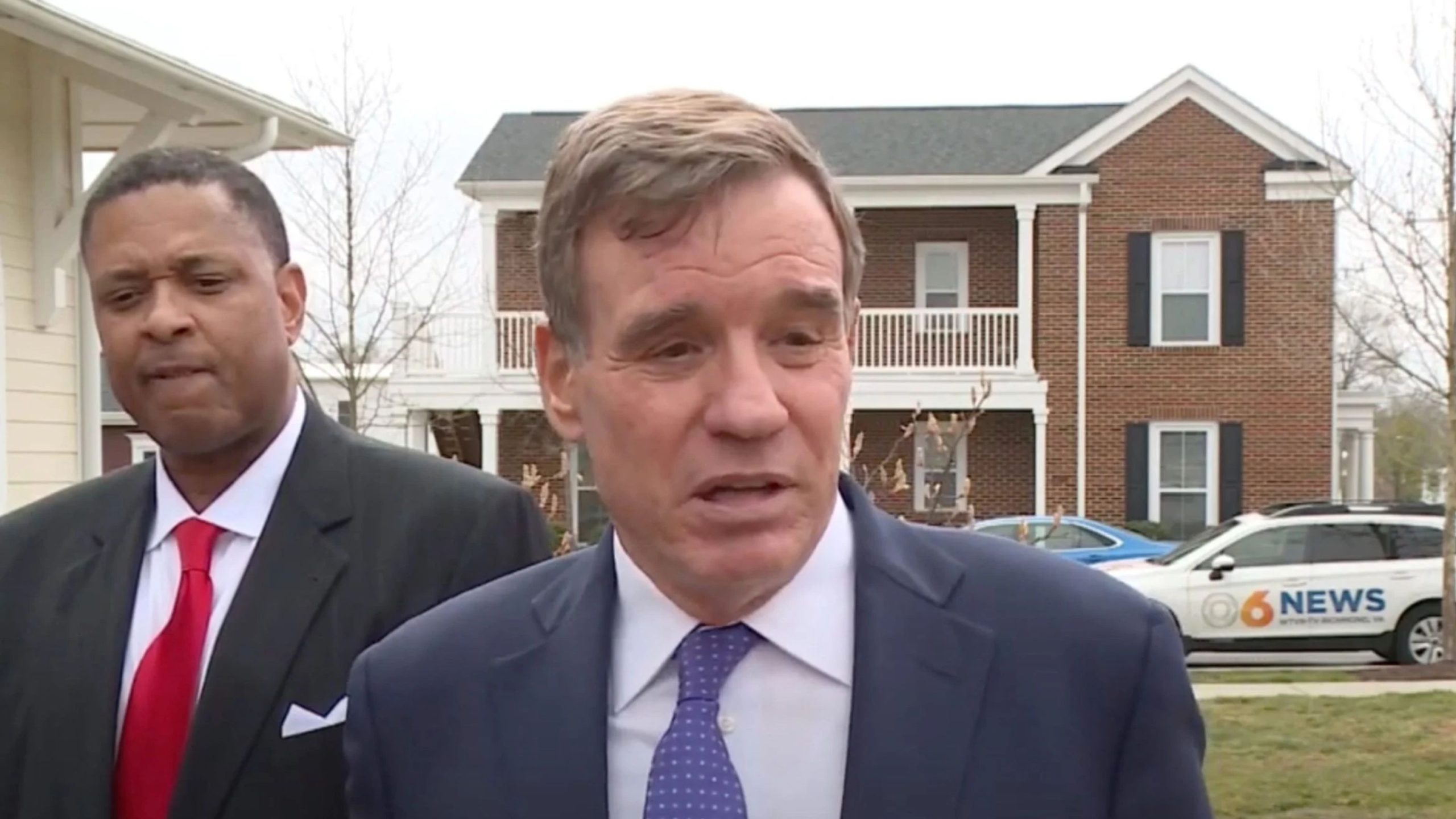It seems every election cycle needs a bogeyman, and for Senator Mark Warner, that bogeyman is Russian disinformation. Fresh off Capitol Hill, Warner’s latest initiative is to investigate how major internet domain companies—yes, the middlemen who register web addresses—might play a role in spreading disinformation. The target list reads like a Who’s Who of the digital backstage: Cloudflare, GoDaddy, NameCheap, NameSilo, Newfold, and Verisign. But behind the supposedly patriotic mission to “protect democracy” lies a question worth asking: is Warner protecting discourse, or prepping a Trojan horse to squelch online dissent?
We obtained a copy of Senator Warner’s letter to domain companies for you here.
Warner’s strategy is unique in its ambition, not in its tactics. By moving his focus to the core of internet infrastructure—domain registrars—he’s essentially skipping over social media and diving into the plumbing of the web itself. It’s a bold move. After all, every website starts with a domain name, right? And if we control the names, we can theoretically control the whole game. Yet it’s hard not to notice that Warner’s targets aren’t purveyors of propaganda; they’re providers of services as basic to the internet as electricity is to a house.
In fairness, no one denies that the Department of Justice’s findings reveal some troubling realities, if true. Fake outlets are indeed masquerading as legitimate news sources, with some impersonating heavy hitters like the Washington Post and Fox News. The Department of Justice even flagged sites mimicking official government pages in countries like France and Germany, reportedly linking these decoys back to the Russian government.
But what Warner and his allies are suggesting is that if disinformation exists, the buck should stop at the domain registrars—even though they might be as in the dark as the rest of us. The implied responsibility stretches as far as anonymity in domain purchasing and the use of cryptocurrencies. An anonymous domain purchase apparently becomes a suspect act, rather than a basic right in a world where privacy increasingly feels like an endangered species.
Warner’s fixation on crypto transactions and anonymous domains is a convenient bridge to legislative oversight. But should the use of cryptocurrency or private domain registrations be automatically linked to malicious intent? If so, where does that leave all the individuals, journalists, and even corporations that use these tools precisely because they offer protection against prying eyes? Are they guilty by association? Warner’s approach smacks of casting a suspicious eye on the very idea of privacy, branding it as a gateway drug to corruption and chaos.
Moving Up the Stack – And Into the Gray Area
The senator’s push for more “oversight” and “accountability” sounds benign until you realize it includes proposing legislative actions targeting how domains are registered. The problem with “oversight” of this kind is that it quickly turns into a game of gatekeeping. Who decides when privacy becomes a cover for nefarious intentions? And if this gatekeeping becomes normalized, what’s to stop other forms of expression from being scrutinized and ultimately stifled?
Warner’s office is taking what feels like the classic Washington approach—expanding a legitimate problem to justify sweeping new powers. The fact that the domain companies have, so far, not publicly responded to Warner’s inquiries is no doubt unnerving for them. Should they acknowledge responsibility for bad actors? If they admit any level of complicity, the floodgates open to a future where the government can lean on domain providers to police any content it finds objectionable. Should they push back, they risk public backlash painted in the colors of “failing to protect democracy.”
Warner isn’t backing down, making it clear that his vision of the future includes tighter controls on the “wild west” of the internet.
As Warner pushes Congress toward what he calls a “balanced” stance on speech, it’s worth remembering that every new level of oversight is another precedent. If domain registrars become the first layer of censorship, where does it end? Today it’s anonymous domains and cryptic currency. Tomorrow, perhaps, it’s political dissenters and media critics, all kept in line by digital censors masquerading as infrastructure companies.








